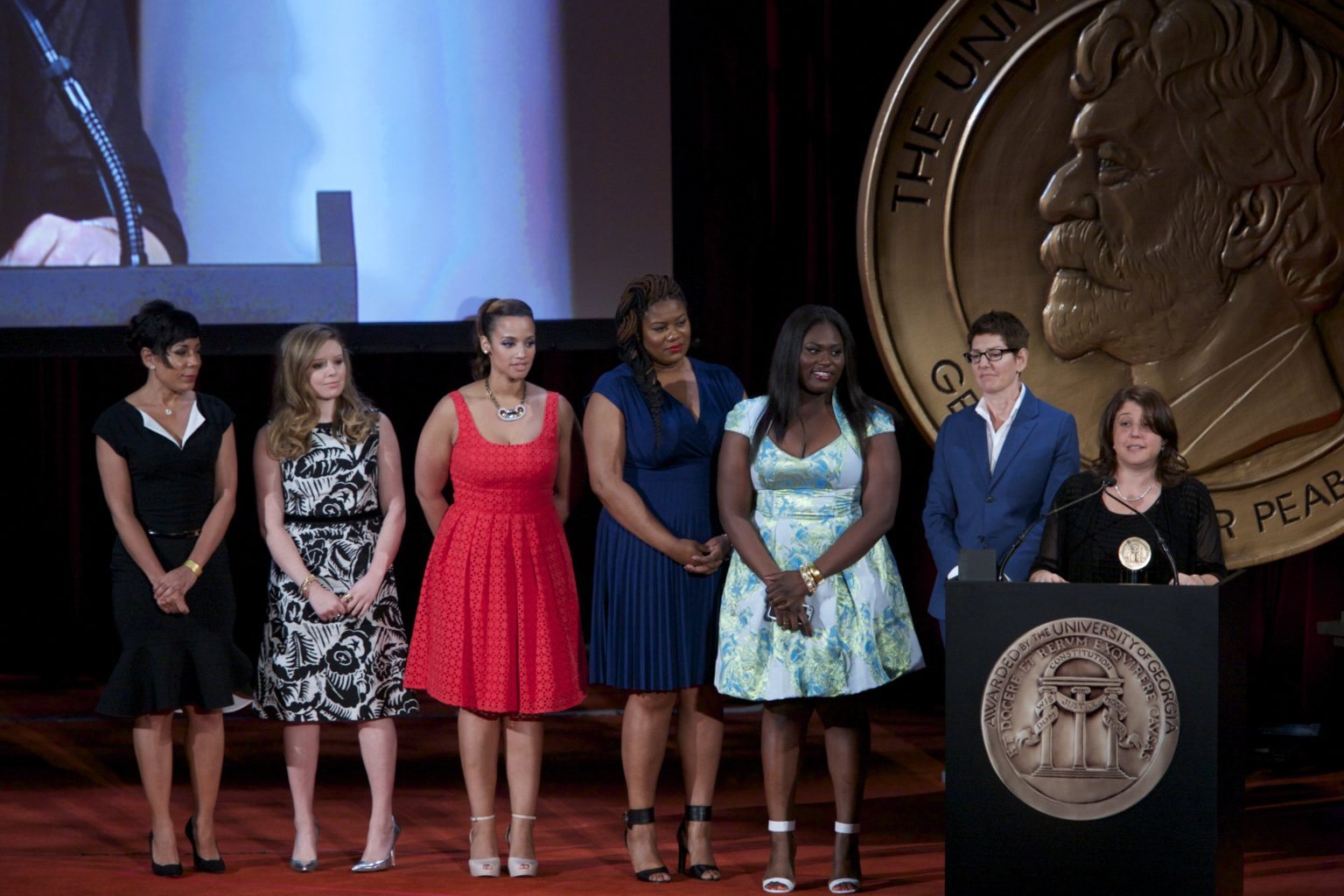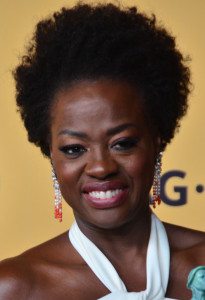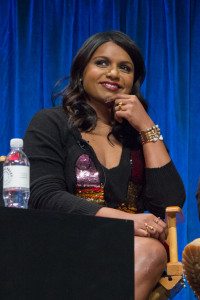Is TV finally embracing diversity?
[dropcap]I[/dropcap] have always been a TV addict; I’ll watch anything and everything. This year, however, what has been truly great is seeing how diversity has been included and celebrated in television.
Viola Davis’ historic win at the Emmy awards to become the first woman of colour to win the best actress in a drama wasn’t just a long awaited recognition of a talented actress, but also felt like a victory with far greater ramifications.
Of course it’s personally nice to see my Desi background shown on TV with characters other than Apu on The Simpsons, but I also feel that from a more general perspective, this diversity has improved the quality of programming by introducing new experiences to appreciate and recognise, as well as enabling fresh perspectives on well known tropes and ideas. Aziz Ansari’s Master of None is excellent at not only reflecting my own experience of inter-racial dating, but presenting a far more nuanced depiction than previously shown.
Unsurprisingly, cultural differences aren’t a constant topic of conversation. In fact, the very English topics of whinging about the weather, buses (Stagecoach, I’m looking at you) or dinner are far more common. Yet it seems that recently, shows are bringing these differences to the forefront of discussion, without rehashing out-dated ideas and stereotypes.
Black-ish is particularly adept at this, in its consideration of contemporary topics of debate in ethnic minority households as to whether to maintain old attitudes or change with the times.
However, such discussions aren’t just pertinent for minority audiences. Personally, Master of None made me consider my own relationship with my parents. Rather than depicting Ansari’s real life parents as stereotypical backward, perpetually disappointed Asian parents, the show points out that we shouldn’t pass off our parents as annoying inconveniences. I’m a second generation immigrant in comparison to Ansari and I feel the show is still relatable for anyone.
Nevertheless, perhaps some of these shows do adhere too much to stereotypes. Empire opens a crucial dialogue on issues of mental illness and homosexuality with Lucious Lyon’s (Terrence Howard) attitudes towards his gay and bi-polar sons. But even Taraji P. Henson’s Cookie, who clearly loves her son, can be a problematic character with casual homophobic remarks.
In fact, perhaps Empire may unhelpfully reinforce the image of the angry, black women, colourism and black violence/black-on-black crime. It may be that networks will only allow minorities in roles that we can understand them in – the music mogul in a world filled with guns and drugs.
Additionally, as Master of None highlights, there are undoubtedly issues behind the scenes that we don’t get to see. How many actors from ethnic minorities have been rejected because there’s already another Asian guy and it would be perceived as an ‘Asian show’?
How many women have been considered too old? How many male actors have been considered not masculine enough if they’re gay?
Furthermore, many of these ground-breaking shows are only prevalent on platforms like Netflix’s with Orange is the New Black and others, whilst from a production standpoint, several are notably the work of a select few like Shonda Rimes. Even Mindy Kaling’s popular comedy The Mindy Project was cancelled from a broadcast network and only saved online by Hulu.
Change has been possible due to the internet and streaming services but 2015 is perhaps not a year to put on a pedestal, merely a good starting point to improve upon.
Ultimately however, shows do appear to be moving away from false impressions of diversity with token minority characters. It is better to have complex shows like Empire which are truthful to even the tougher moments in the lives of real-life minorities (such as the director Lee Daniels) and demonstrate that life isn’t clear-cut.
This seems to be paying off—it would appear that Lucious Lyon is becoming as much of a topic of controversy and discussion as Mad Men’s Don Draper.



Comments